EVs And Range Anxiety: Besides Tesla, Are Carmakers Doing Enough To Address This Fact?
In a 2021 Electric Vehicle Experience (EVX) Ownership Study by J.D. Power, range anxiety remains the most cited factor in deciding which EV to buy. In other words, range anxiety remains a primary concern when making that all-important shift from gasoline to electric.
Addressing this issue from the get-go is why Tesla is lording over other carmakers in the EV realm. Since 2014, Tesla's Supercharger Network has given early adopters the freedom to take 1,000-mile road trips and cross-country drives, and this came mainly to Tesla's persistence in setting up its exclusive network of fast-charging stations nationwide.
Are carmakers doing enough to address range anxiety?
Tesla knew all too well that range anxiety is a glaring barrier towards the complete and unadulterated adoption to EV ownership, and the results speak for themselves. Tesla EVs accounted for nearly 80-percent of all battery-electric car registrations in the United States in 2020. Tesla is also the world's bestselling manufacturer of EVs with a 23-percent global market share as of 2020.
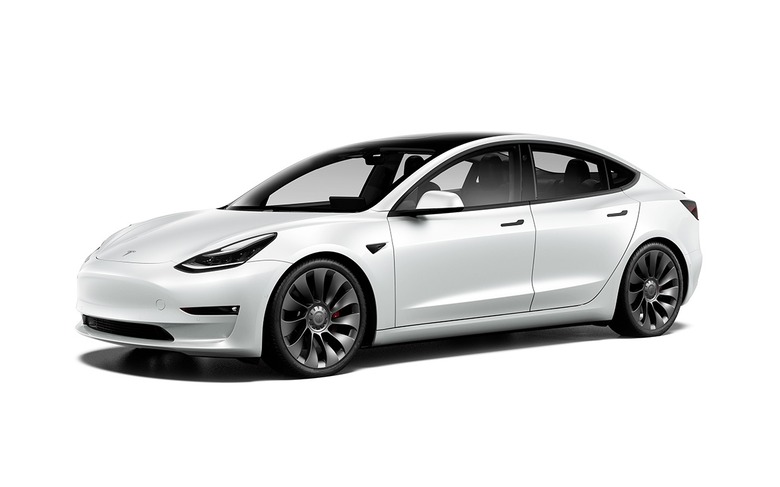
Owners can attest that Tesla vehicles are enjoyable to drive, and it boils down to having tons of power and instant torque from the get-go, a primary benefit of an EV over a gasoline car. Of course, as car fanatics, we like it when a vehicle accelerates like a frightened cat, but there's more to having a Tesla than the jolt of energy it brings when you stomp on the pedal.
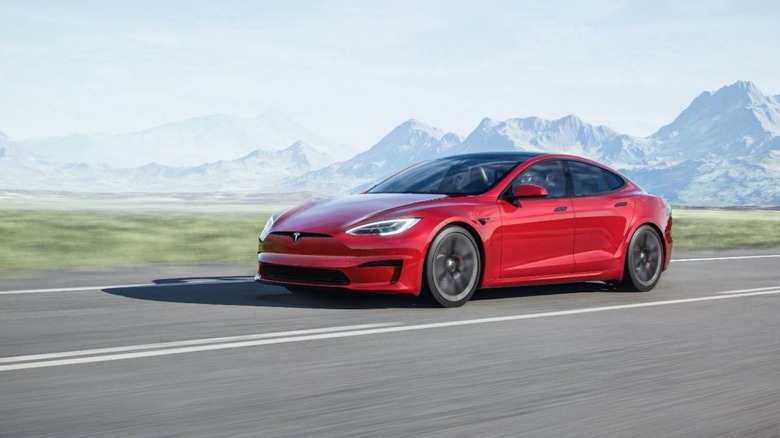
According to J.D. Power's Electric Vehicle Ownership Study (EVX), luxury EV owners (i.e., Tesla owners) were more satisfied with the brand's charging stations than other mass-market (i.e., non-Tesla) electric vehicles. Meanwhile, the Tesla Model S and Model 3 ranked highest in ownership satisfaction on the same study, and you can bet your marbles it had something to do with range anxiety – or the lack of it.
Range anxiety is real
On the contrary, other carmakers insist that shorter-range EVs are ideal for average consumers, and they may have a point. However, considering the average American drives less than 40 miles a day, short-range and cheaper EVS with small battery packs like the Mini Cooper SE and Honda E makes a ton of sense in the real world.
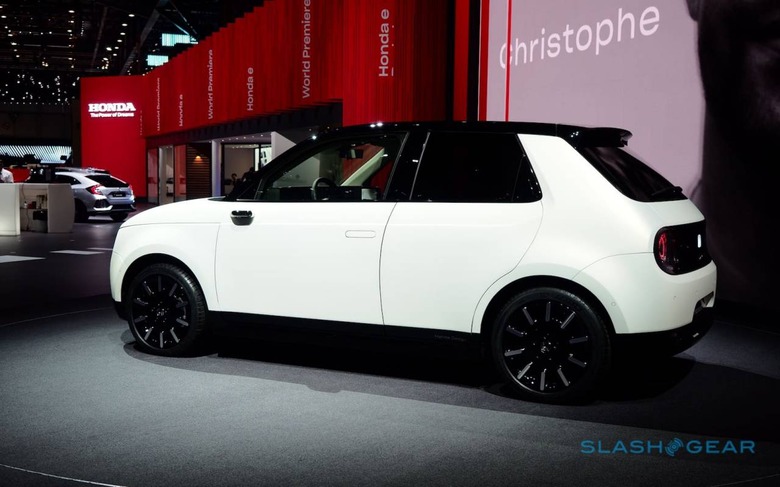
But addressing range anxiety is more than just crunching numbers. You can ask any potential EV buyer about their main concerns in shifting from gasoline to electric, and the answers are the same: higher ranges offer buyers more peace of mind. So when it comes to buying electric cars, a higher range is better.
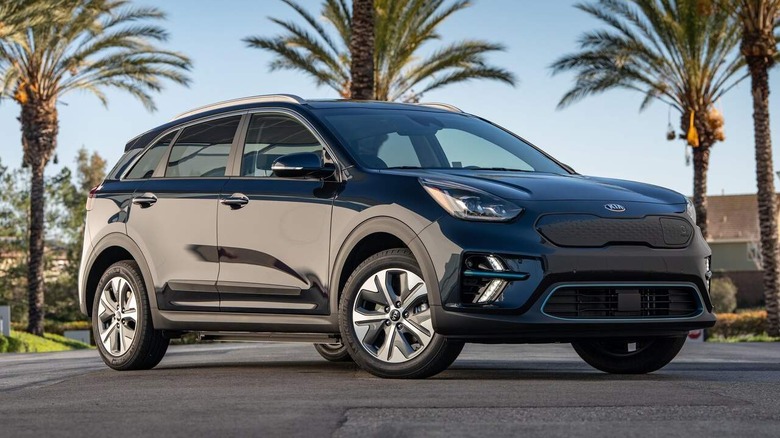
The proof is in the pudding. In J.D. Power's EVX study, the Kia Niro EV, Chevy Bolt EV, and Hyundai Kona EV got above-average scores on the Overall Customer Satisfaction Index in the mass-market EV category. And what do the Niro, Bolt EV, and Kona EV have in common? All three EVs achieve an average of 239 miles of range on a single full charge. The Bolt EV is good for 259 miles, and the Kona EV has an EPA-rated range of 258 miles, specifically.
On the other hand, EVs with sub-par driving ranges like the Audi e-tron SUV and Nissan Leaf had below-average customer satisfaction rankings, proving that range anxiety is as real as it gets.
Change is on the horizon
Legacy automakers are following Tesla's footsteps in adopting longer-range electric cars with larger-capacity battery packs. For instance, the Ford Mustang Mach-E crossover achieves an EPA-rated 305 miles range of driving range for the California Route 1 trim and 300 miles for the extended range RWD model. Meanwhile, the incoming Ford F-150 Lightning electric truck offers an estimated 230 miles from the standard battery and up to 300 miles with the extended battery pack.
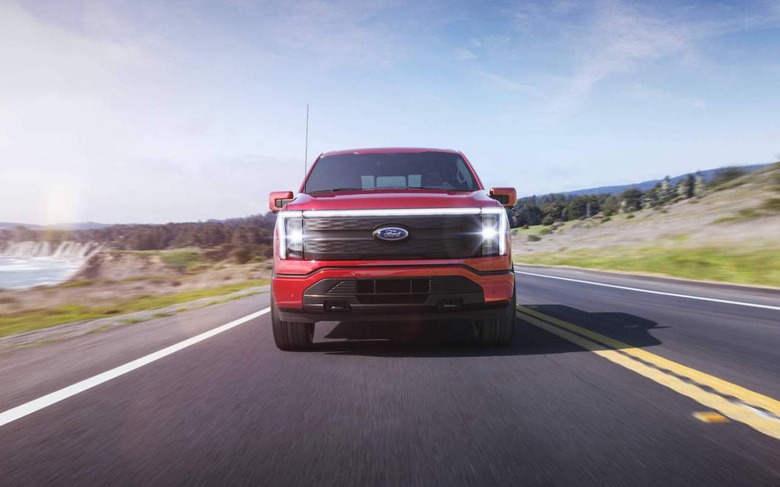
The Germans are taking up the slack, as well. The 2022 Mercedes-Benz EQS is debuting with more bells and whistles than an equivalent S-Class, but it also has an ace up its sleeve: up to 400-miles of estimated range from its optional 107.8 kWh battery pack. Taking a cue from Tesla, Mercedes-Benz recently introduced its Mercedes me Charge recharging ecosystem in collaboration with ChargePoint.
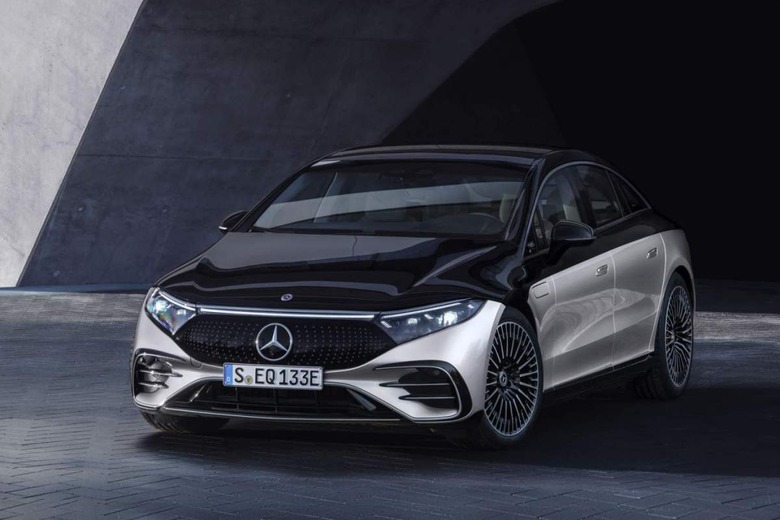
Also, the Porsche Taycan achieves an EPA-rated 200 miles of range from its standard 79.2 kWh battery, while the 93.4 kWh performance battery offers up to 225 miles of range.
Granted, the Mercedes-EQS and Porsche Taycan can easily top $100,000 without options, but it's the reality we have to face until researchers breach the fine line between range and cost parity. Batteries are costly to manufacture and are the most expensive component in an EV. Even Tesla is not immune to this reality as the automaker has yet to fulfill its promise of a genuine mass-market EV, one that starts at less than $35,000 before applicable tax credits.
The solutions are far and few in between
We can think of two realistic solutions in addressing range anxiety without counting heavily on fossil fuels: Range extenders and hydrogen, or preferably a concoction of both. BMW got it right with the all-electric i3 that came with an optional gasoline-powered range extender model, capable of extending the driving range from 100 miles to around 190 miles.
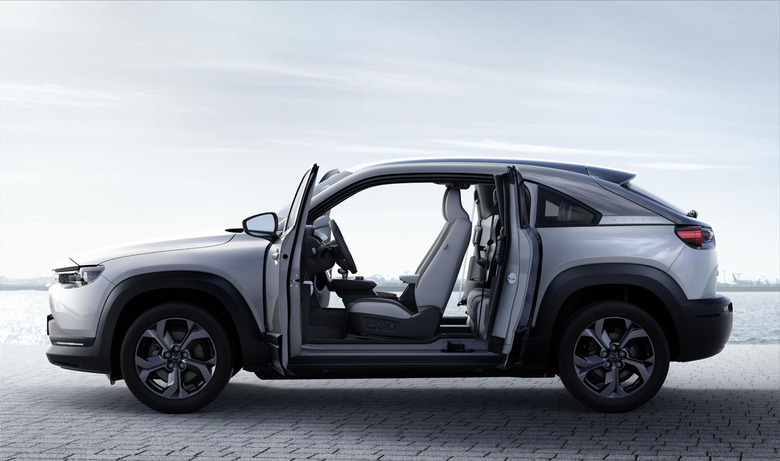
Also worth mentioning is the 2022 Mazda MX-30 EV. Sure, it may only have a 35.5 kWh battery pack good for under 100 miles of range, but there's a plug-in hybrid model in the pipelines with a gasoline-powered rotary engine power generator.
In the meantime, hydrogen can potentially quash range anxiety despite current limitations in extracting 'green hydrogen' from renewable sources. For example, Toyota is currently testing an internal combustion engine powered by hydrogen instead of gas, while Hyperion is among a few startups that tout hydrogen as the future of high-performance, long-range driving with its equally ludicrous XP-1 hypercar.
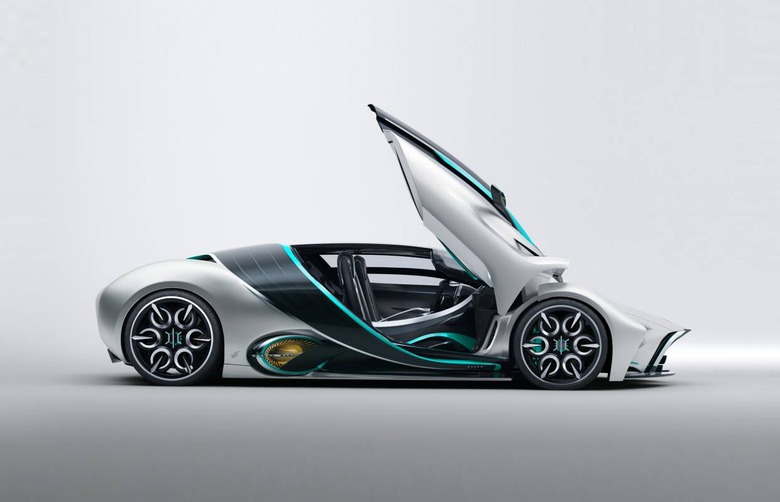
Other automakers are joining the hydrogen fray. For example, Jaguar Land Rover is now testing a hydrogen-powered Defender prototype. In addition, BMW recently announced its development and road-testing of an X5 prototype running on hydrogen fuel cell technology, with plans of unveiling a limited production run of hydrogen-powered SUVs by 2022.
What about battery swapping?
EV battery swapping has enormous potential despite Tesla's decision to stop its proprietary swap pilot program in 2015. Instead, Silicon Valley startup Ample is most recently testing a couple of battery swapping stations in California's Bay Area, allowing EV owners to drive off with a freshly-charged battery pack in ten minutes or less.
The catch is your EV should come with Ample-built batteries. Another limitation is the need for universal battery structures that work with Ample's battery-swapping stations. The startup is currently working with major automakers to bridge the gap.
